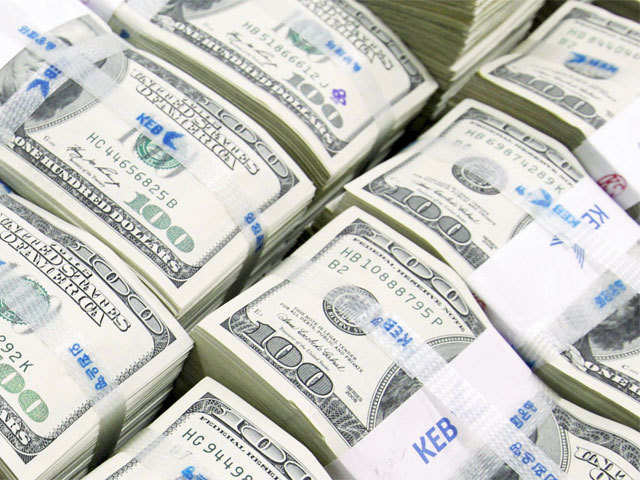A global super-rich elite has exploited gaps in cross-border tax rules to hide an extraordinary $21 trillion of wealth offshore—as much as the American and Japanese GDPs put together—according to research commissioned by the campaign group Tax Justice Network.
James Henry, former chief economist at consultancy McKinsey and an expert on tax havens, has compiled the most detailed estimates yet of the size of the offshore economy in a new report, The Price of Offshore Revisited, released exclusively to the Observer.
He shows that at least $21tn—perhaps up to $32tn—has leaked out of scores of countries into secretive jurisdictions such as Switzerland and the Cayman Islands with the help of private banks, which vie to attract the assets of so-called high net-worth individuals. Their wealth is, as Henry puts it, “protected by a highly paid, industrious bevy of professional enablers in the private banking, legal, accounting and investment industries taking advantage of the increasingly borderless, frictionless global economy”. According to Henry’s research, the top 10 private banks, which include UBS and Credit Suisse in Switzerland, as well as the US investment bank Goldman Sachs, managed more than $7tn in 2010, a sharp rise from $3tn five years earlier.
The detailed analysis in the report, compiled using data from a range of sources, including the Bank of International Settlements and the International Monetary Fund, also highlights the impact on the balance sheets of 139 developing countries of money held in tax havens by private elites, putting wealth beyond the reach of local tax authorities. It estimates that since the 1970s, the richest citizens of these 139 countries had amassed $7.3 to $9.3 trillion of “unrecorded offshore wealth” by 2010. This means that for many developing countries the cumulative value of the capital that has flowed out of their economies since the 1970s would be more than enough to pay off their debts to the rest of the world.
“The problem here is that the assets of these countries are held by a small number of wealthy individuals while the debts are shouldered by the ordinary people of these countries through their governments,” the report says.
The sheer size of the cash pile sitting out of reach of tax authorities is so great that it suggests standard measures of inequality radically underestimate the true gap between rich and poor. According to Henry’s calculations, $10tn of assets is owned by only 92,000 people, or 0.001% of the world’s population—a tiny class of the mega-rich who have more in common with each other than those at the bottom of the income scale in their own societies.
Assuming the $21tn mountain of assets earned an average 3% a year for its owners, and governments were able to tax that income at 30%, it would generate a bumper $280bn in revenues—more than rich countries spend on aid to the developing world each year.
(Heather Stewart is joint political editor of the Guardian.)




